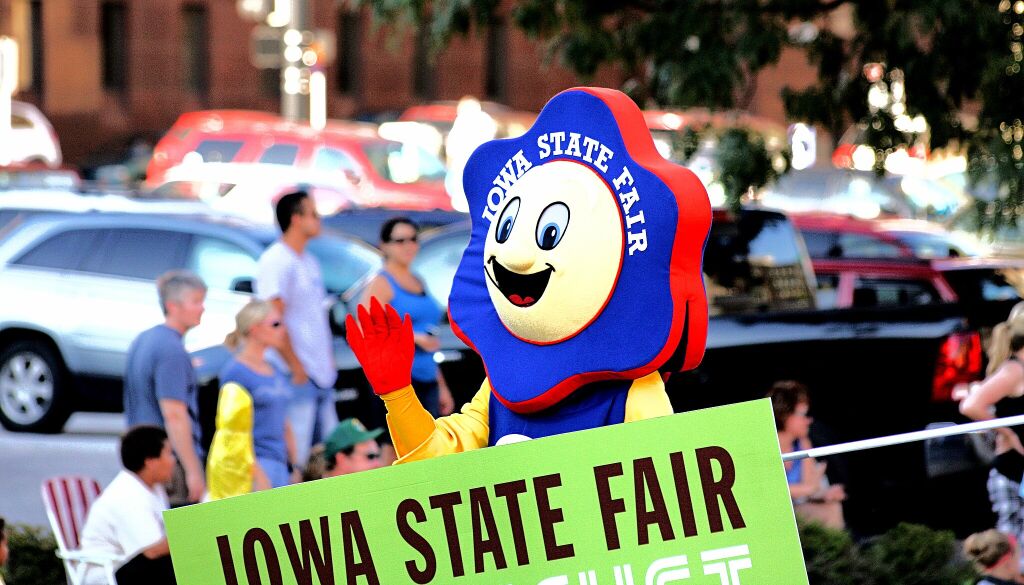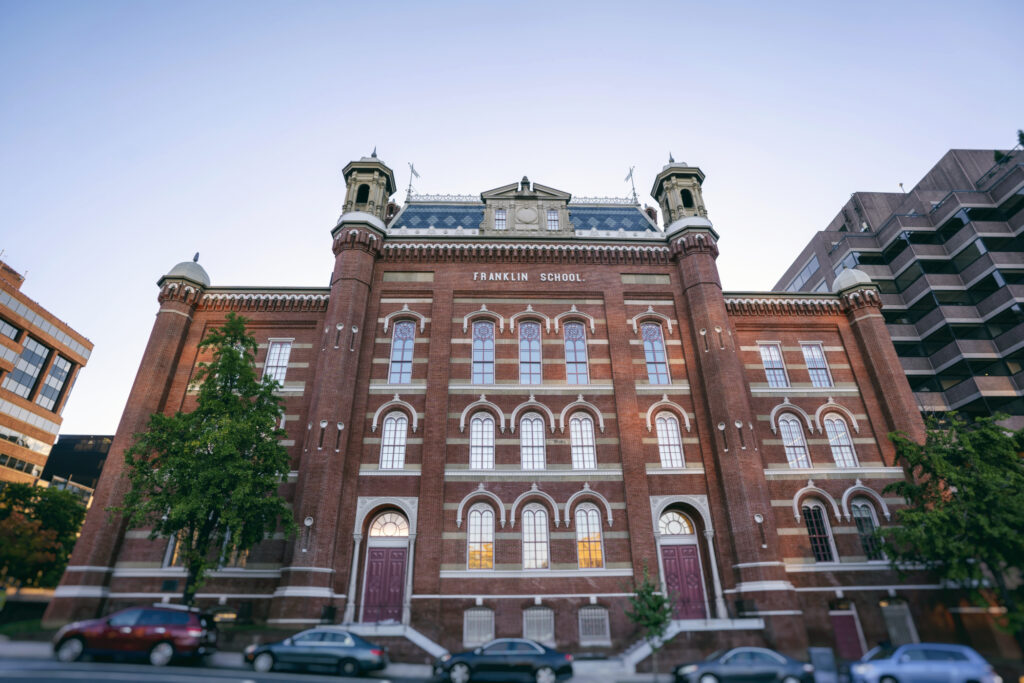From the Founder: Banned Books, Again
Planet Word is located in the DMV — that’s the junction of the District of Columbia, Maryland, and Virginia — so we need to track what’s happening around us in order to be a relevant part of the local community. Most of our visitors in these pandemic times have come from those three close-by areas, but the DMV will probably always be our biggest source of visitors, pandemic or not.
So it pains me that for the second time in not too many weeks, I feel disturbed by news from neighboring Virginia. A few weeks ago, I was concerned about efforts to ban books and, even worse, loose talk about burning books in Virginia’s Spotsylvania County — then I was relieved when the school board there seemed to have given up the banning efforts with better sense prevailing.
But this week I’m alarmed anew. First, the superintendent, who opposed the efforts to ban books in Spotsylvania County, was fired by a school board that now has a majority supporting the book-banning proponents.
And now, in another challenge to freedom to read (or more broadly, freedom of speech), Virginia’s newly elected governor, Glenn Youngkin, has called for parents to have more say in classroom curriculum. That fairly innocuous stance played an important role in his victory last November.
But now he’s gone beyond that reasonable position, creating a tip line for parents, or any interested party, to report instances of teachers using “divisive practices” in their classrooms, a dog whistle for mentioning the much-misunderstood and maligned Critical Race Theory or teaching about LGBTQ issues or assigning books that portray sex or print objectionable language.
Parents should have a say in their children’s education, to be sure, but curtailing teachers’ freedom to decide what’s best for their students can quickly lead to avoiding teaching about uncomfortable, challenging, or controversial ideas. It can mean narrowing students’ windows on the world and their ability to make informed choices.
Here’s what we should be doing with a tip line: encouraging people to report instances of fine teaching. And indeed that’s how many Virginia parents responded when the tip-line proposal came out. They started reporting instances of caring teachers, of excellent teachers, instead of reporting teachers who recommended reading that might make students uncomfortable.
So when a school district in Tennessee banned the Pulitzer-prize-winning graphic novel about the Holocaust, Maus, because it has “some rough, objectionable language” and depicts a “naked character,” as reported in the New York Times (Jan. 29, 2022), I could only applaud when the author, Art Spiegelman, said, “‘This is disturbing imagery. But you know, what? It’s disturbing history.’” He went on to say that “he got the impression that the board members were asking, ‘Why can’t they teach a nicer Holocaust?’” (And, really, isn’t one of our most indelible memories from the Holocaust those images of naked prisoners being forced to disrobe for “showers” that ended up being gas chambers? Isn’t the horror of those images what makes us vow, Never Again?)
The Times reported that Rep. Steve Cohen, the state’s first Jewish congressman, said “censoring books about the Holocaust, or about slavery and lynching or other atrocities, was a way to purge one’s understanding of the horrors of what humanity is capable of.”
This episode reminded me of when I taught 5th grade in Montgomery County. As part of the curriculum, the class read Number the Stars, a Newbery Award winner by Lois Lowry about the daring rescue of Danish Jews during WWII. I was surprised when the mother of one of my students, they were 10 or 11 years old at the time, told me she had never told her daughter about the Holocaust, so her daughter was shaken by the book. But isn’t that why reading such a fictionalized historical account in school might be the best setting for learning about something so upsetting — so you can discuss it with your teacher and fellow students?
In Sunday’s Times (Jan. 30), a similar story was told by the Pulitzer-winning author Viet Thanh Nguyen. He tells how as a youngster he read the harrowing Vietnam War novel Close Quarters, a book so upsetting that it eventually drove him to write his own novel about Vietnam. As he writes: “Books can indeed be dangerous…But book banners are wrong no matter how dangerous books can be. Books are inseparable from ideas, and this is really what is at stake: the struggle over what a child, a reader and a society are allowed to think, to know and to question…By banning books, we also ban difficult dialogues and disagreements, which children are perfectly capable of having and which are crucial to a democracy…Perhaps we will eventually have less war, less racism, less exploitation if our children can learn how to talk about these things.” (italics mine)
Yes. Isn’t that what school is for? What education is for? What growing up is all about?
—Ann Friedman, founder of Planet Word and former teacher
Read the whole article by Nguyen here.


